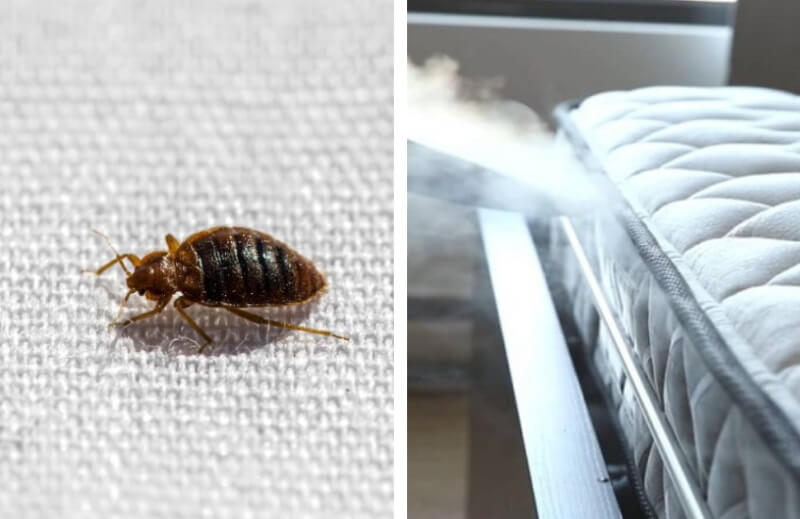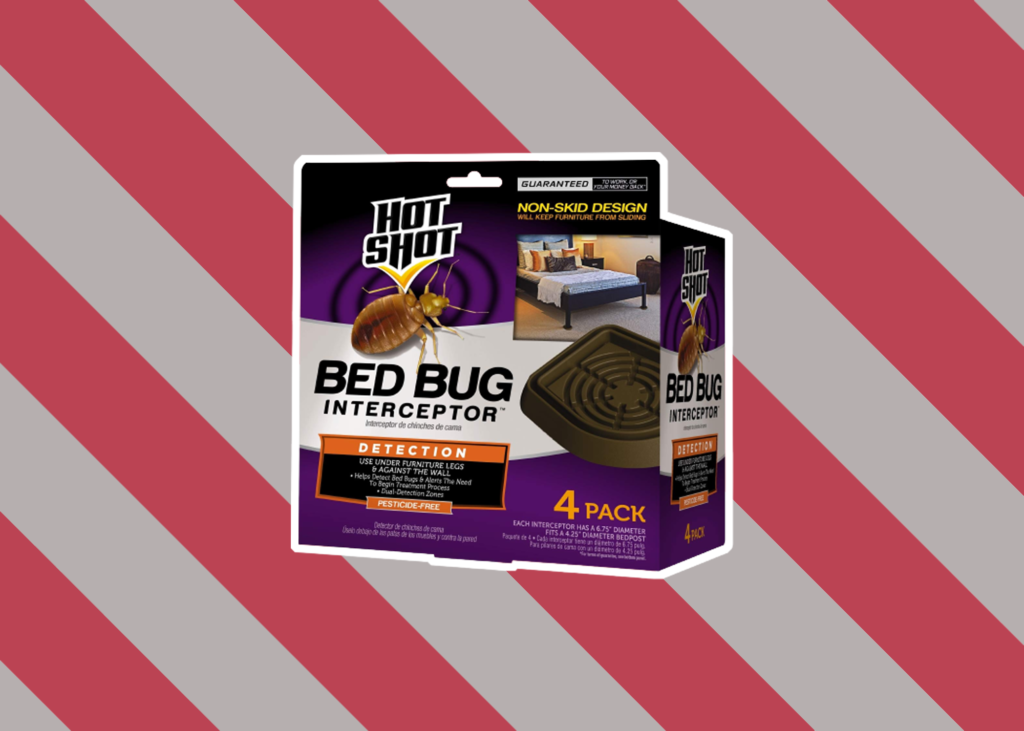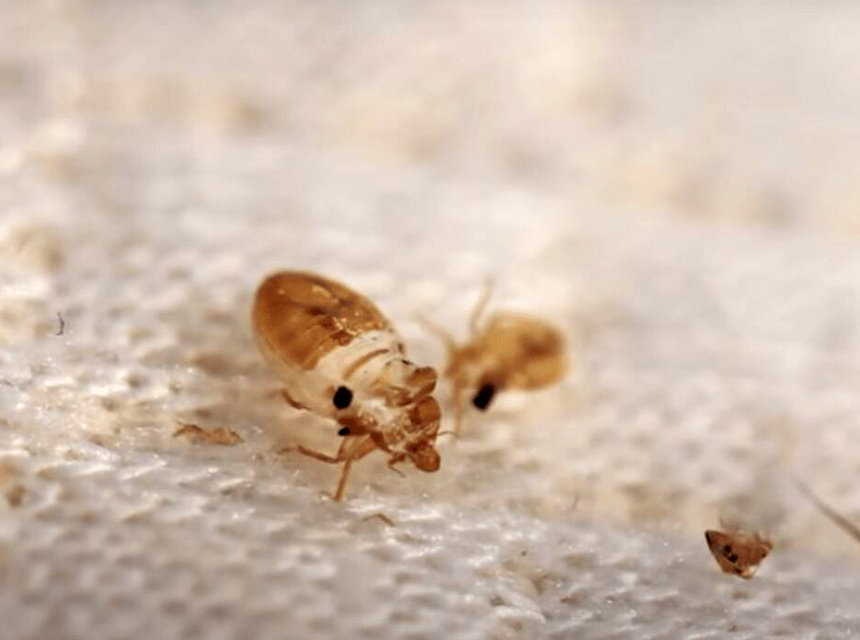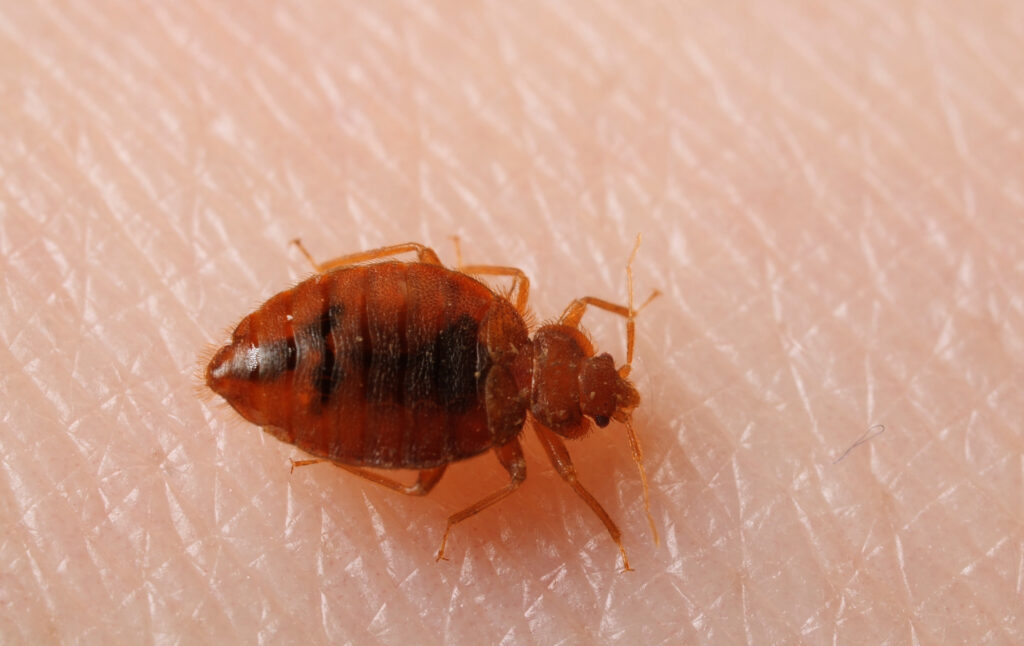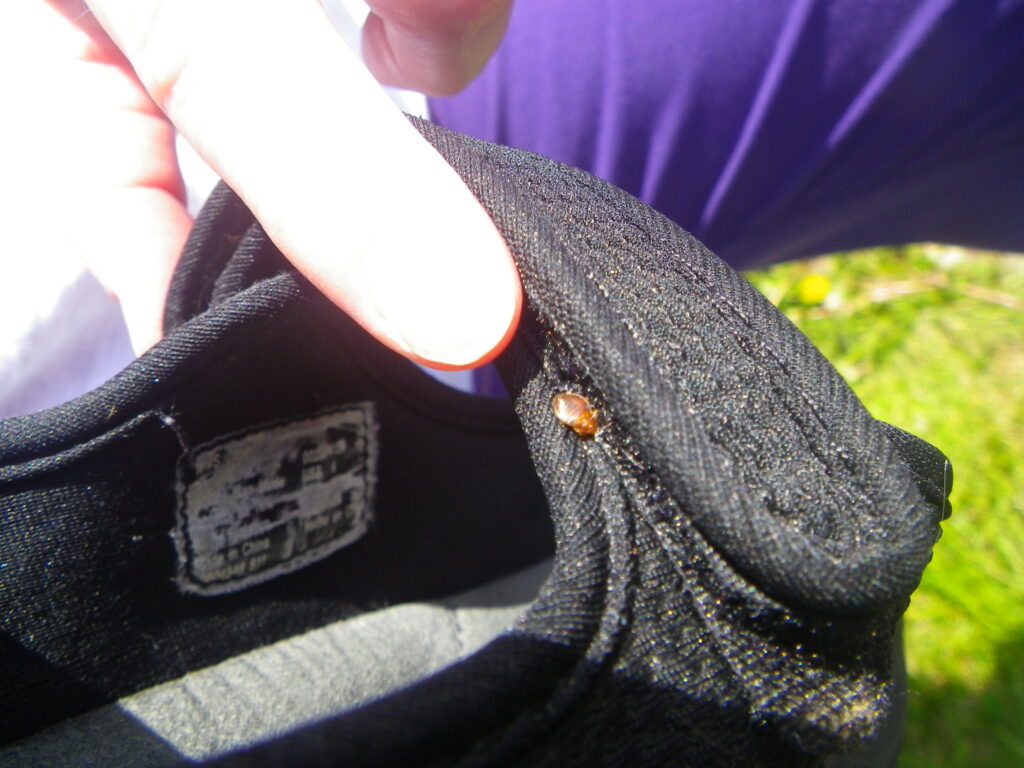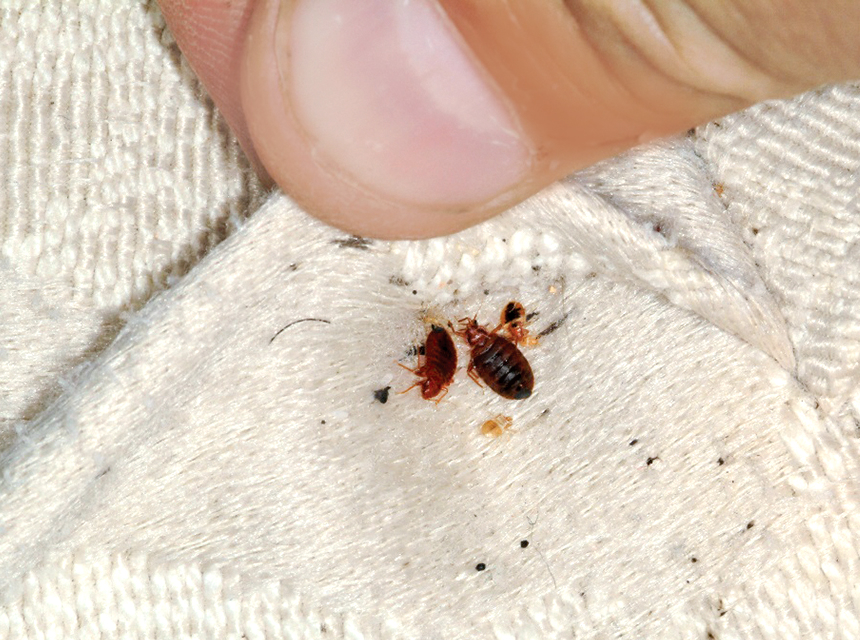

Bed bugs might not cause any form of the disease, but they leave visible marks that take a few days to disappear when they bite. These marks are itchy, and excessive itching might force the skin open, thereby increasing the risk of infection.
Most people who’re bitten by this insect ask, “How long do bed bug bites last.” They ask this question because they can’t bear to move around with the marks, especially when they’re on areas like their legs, neck, or hand.
If you’re one of those or have someone bitten by bed bugs, this guide provides detailed information about the nature of bed bug bites, how long they last as well as the best treatment to eliminate the bites and the scar they leave behind.
If a bed bug has never bitten you before now, you might be wondering how long it will take for its mark to surface after a bite. Well, according to several experts, the answer varies but in general terms, the mark will appear within 14 days.
The bite might not be too visible in some people, while in others, it can be glaring. Some might notice the scar a few hours after the bite, while others might take more days or even weeks. The only thing to do is to keep an eye on the appearance of your skin after a bed bug bite.
Well, it’s difficult to tell how long bed bug bites last on the skin by simply taking a look at the marks. The length of time a bed bug bite will stay on the body depends on the individual bitten and their immune system. The duration varies from adults to babies as well as pets.
Generally, on most adults, bed bug bites stay close to two weeks. For adults who aren’t too sensitive to insect bites, their symptoms will fade away within a day or two. This means there won’t be excessive itchiness or redness.
For those who don’t have an allergy to their bite, the bite might not result in any scar, and they might never have an idea that they have been bitten. For individuals with high sensitivity to insect bites, bed bug bites quickly develop into itchy marks and might cause blisters.
What also affects the appearance of bed bug bites on the skin is how the marks are attended to.
Applying ointment or taking the right medication might suppress the appearance of marks and blisters, which hasten up the healing process.
Just like adults, bed bug bites last on a baby’s skin for up to two weeks as well. Like we mentioned earlier, the length of time it stays on the skin depends on the baby’s sensitivity to bites Trusted Source Insect Sting Allergies | Symptoms & Treatment | ACAAI Public Website Learn the signs and symptoms of different types of insect sting allergy. Discover treatment options through ACAAI. acaai.org . It’s best to ensure babies keep their hands off the mark; hence it might cause some infection.
It’s important to know how to identify Trusted Source How to Find Bed Bugs | US EPA Find and correctly identify an infestation early before it becomes widespread. Look for rusty or reddish stains and pinpoint dark spots on bed sheets or mattresses, and search for bugs near the piping, seams and tags of the mattress and box spring. www.epa.gov bed bug bites to stand a chance of applying the proper treatment. The first sign that gives their presence out is the appearance of bloodstains on your bed, sheets, or skin.
Bed bug bites are usually small in size and appear in a group that resembles a zigzag line. The bites are typically flat at first but might become inflamed with blisters as the individual scratches them. The bites are usually red, and when they appear, they cause some reactions in the affected person.
The size of the mark also depends on the individual’s sensitivity to insect bites. In some, the bite leaves a small mark, while in others, it’s bigger.
It’s difficult to differentiate one insect bite from the other. However, one unique trait about bed bug bites is that they have elevated bumps. Most times, the bites might be mistaken for spider bites but what differentiates them from the rest is the pattern that appears on the skin. The marks appear in groups that are mostly concentrated on one side of the body.
This is because bedbugs examine the skin in several areas in a process called “probing” to find out where a large amount of blood is concentrated. The places where you’re most likely to find bed bug bites include the arm, body trunk, neck, and leg.
Once you notice a zigzag pattern on your body, go low and inspect your mattress, you’re likely to find some of these tiny insects hidden by the corner of your bed or clustered in between tiny spaces in your furniture.
The most common word used to describe bed bug bites by people who have been bitten in the past is “itchy.” The itching sensation is due to the toxicity of the chemical the insect injects into the body during probing. What’s more interesting is that while they are probing the skin, they inject what feels like anesthesia so that the individual doesn’t feel the pain when probing is going on.
However, this leftover anesthesia is what causes itching afterward. Itching is expected from every bed bug bite. However, experts advise individuals to fight against the urge to itch their skin. Excessive itching might cause blisters which makes it difficult for the bite to vanish. And even when they do, it often leaves a scar that alters the appearance of the skin.
In severe cases, excessive scratching might cause the blisters to bleed, which makes room for infection.
The question most people ask is, “does beg bug bites go away?” Well, they do if the right treatment is administered. The best way to treat bed bugs is by following the steps outlined below.
In cases where you can’t find traces of bed bugs in your home, it will be difficult to tell the source of the bite. Your safest bet is to visit a dermatologist who will be able to carry out a proper diagnosis and identify what insect is responsible for the bite.
To avoid complicating this, you shouldn’t see a general practitioner. Only those who specialize in skin treatment will be able to identify the pattern.
After diagnosis, your dermatologist will likely recommend a few treatment options to you. This might include over-the-counter treatment, lotions, or medication.
There’s no sense jumping into treatment without first identifying the cause of the problem. Once your dermatologist confirms that it’s a bed bug, waste no time in exterminating them from your house. For this, you can use professionals or do it yourself using powders, EPA-certified bed bug pesticides, or steamers. If steaming looks like a hectic process, you can use bed bug heaters. They’re much easier to apply, since they require less manual output.
Before applying any form of treatment, it’s important to disinfect the affected area. You can do this by washing the marks with soap and water. Even better, you can use a cotton swab to dab in some antiseptic on the affected area.
There are several treatments available, and we’ve listed them out for you to explore.
If you can recognize the symptoms, tons of home remedies can help you elevate the pain. The most popular ones include baking powder and lime juice.
There are several over-the-counter creams on sale. The best choice for bed bug treatment is those that contain hydrocortisone or cortisone itself.
Calamine lotion will help dry up the bumped area to eliminate itching.
If the bites cause any pain from excessive itching, you can resort to pain reliever creams like anvil or ibuprofen.
If you have bed bug marks on your hand, you might be tired of hiding them under your clothing. We understand that it might be uncomfortable for you to expose the bitten areas in public, especially at the office, on the beach, or even on a date.
For these reasons, many people are searching for ways to eliminate the bites in just a few days. The only way to achieve this is to ensure you don’t itch the marks.
The best trick around this is to get a treatment solution that eliminates itching. This is why Calamine solution and over-the-counter creams provide the fastest results.
Yes, bed bug bites can leave scars if you itch excessively to the point that they begin to bleed. Once you tear the skin wide open, you’re making room for infection. This is what causes scars. To prevent a scar, you must fight the urge to scratch the bite by using bite relief mechanisms. A few anti-itch products such as Benadryl extra will help.
A lot of people are in the dark about how to get rid of bed bug scars. It’s difficult to keep your hands off bed bug marks. The chemical the insect injects makes it challenging to control. Hence, a lot of people end up with scars they hate. If your bed bug bite has already caused some scar, you have to source a good scar removal cream as they won’t go naturally.
The best solution for this is a cream that contains keratin. Some homemade solutions such as lemon juice, Aloe vera gel, and acid cedar vinegar can help.
If you’ve been bitten by these tiny insects before, one of the questions on your lips would be, “how long do bed bug bites last.” Well, the period the bites stay on your skin depends on how well the treatment process is handled. Excessive itching can make it difficult for the bites to vanish, and even if they do, it’s possible to cause a scar.
